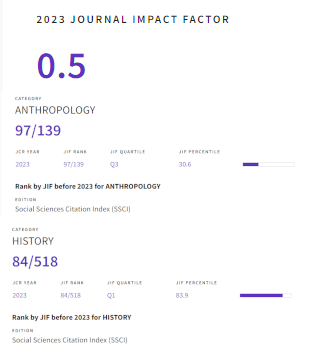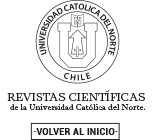Ethical standards
Code of Ethics
This code expresses the ethical commitment of all those involved in the production process of Estudios Atacameños: the author, the peer reviewers and the institution itself, represented by the editor and the editorial committee.
Estudios Atacameños is a journal published by the Instituto de Investigaciones Arqueológicas y Museo, Universidad Católica del Norte in San Pedro de Atacama (Chile).
The Core practices, of the Committee on Publication Ethics (COPE), internationally renowned, served as the basis for this Code.
EDITOR’S OBLIGATIONS
Decisions on the publication of articles
The editor is responsible for deciding which of the submissions to the journal will be published. His or her decision will be based on the journal's publication guidelines and the judgment of the referees, and in some cases, on the opinion of the members of the editorial board. Also, the editor is subject to the legal requirements of copyright, libel and plagiarism.
Evaluation of submissions will only base on their intellectual quality and originality.
Conflicts of interest
During the publication process, the information and ideas in the manuscript may not be used for personal gain by any person having access to it unless with the author's explicit permission.
Confidentiality
Neither the editor nor any member of the editorial board should release information about submissions to individuals or institutions other than the author(s), the author(s)' institution, potential referees, referees, or other editorial board members.
AUTHORS’ OBLIGATIONS
Submission of papers
Authors submitting unpublished papers, which have not been published and are not under review by another scientific journal, must adhere to the editorial guidelines of the Journal. In addition, the assertions, conclusions and information contained in the paper must be presented in an accurate manner.
Originality and Plagiarism
Submission of a paper for publication assumes that it is completely unpublished. Textual quotations from writings belonging to the same author or to other authors must be accompanied by a bibliographical citation. A copied text that appears in the paper as the authors own will be considered plagiarism, which represents intellectual dishonesty that will motivate the rejection of the paper, as well as a reporting such plagiarism.
Multiple publications
The author must not submit manuscripts dealing with substantially the same subject and having the same focus to more than one Journal or other types of publication at the same time. Submission of the same or essentially identical manuscript to more than one Journal constitutes intellectual dishonesty and will result in rejection of the manuscript.
Acknowledgement of sources
The author must explicitly acknowledge the work of others in his or her paper and properly cite the publications on which he or she has based his or her paper.
Acknowledgement of sources of funding
Authors must clearly indicate the sources of funding for the research reported in the manuscript.
Conflict of interest
Authors should also clearly indicate any other sources of funding that may influence the interpretation of data or discussion of the manuscript.
Authorship of the manuscript
Authorship of the manuscript is limited to those who have made an essential contribution to the conception, design, interpretation and execution of the paper. All of them should be listed as co-authors. Likewise, the collaboration of other individuals who have contributed in any way to the manuscript should also be acknowledged.
Major errors in manuscripts
When an author discovers a serious error in his or her manuscript, it is his or her duty to notify the editor in a timely manner. It is also their duty to assist the editor in rectifying the error.
Access to data
Authors may be asked to hand over the original data of their work, so they should be ready to provide public access to it. They should also be prepared to allow access to the data even after their paper has been published.
Correspondence
The author, or one of the authors, should be responsible for communication with the Journal. He or she should ensure that all co-authors are properly included in the paper. He or she should also ensure that all co-authors have seen the manuscript in its final version and agree to its publication. Also, ensure that no non-applicable individuals are listed as co-authors.
OBLIGATIONS OF ARBITRATORS
Arbitration
The arbitration process serves two purposes: to assist the editor in making a decision regarding the publication of the manuscript submitted to the journal and to assist authors in improving the quality of their writing.
Any arbitrator who does not feel qualified to review the assigned manuscript or who feels unable to review the manuscript in a timely manner has a duty to notify the editor and excuse himself/herself from the review and arbitration process.
Confidentiality
Manuscripts received must be treated confidentially. This means that they should not be sent to, shown to, or discussed with other individuals, with the exception of individuals designated by the editor in special cases.
The ideas and information obtained in refereeing the manuscript should be kept confidential and in no way be used for personal gain.
Standards of objectivity
Reviews must be conducted in an objective and impartial manner. They must not contain any personal criticism of the authors. In addition, referees should clearly express their observations, comments and opinions on the manuscript in a well-founded manner.
Acknowledgement of sources
Arbitrators should identify works used in the manuscript, which have not been cited by the authors. Any claims made in the manuscript must be accompanied by a citation. If the arbitrator discovers that the manuscript has essential similarities with other works, he/she must inform the editor.
Conflict of interest
Arbitrators should not review manuscripts with which they have a conflict of interest due to co-authorship, friendship, rivalry, or any other relationship with the author, authors, or institutions involved with the manuscripts.
NOTE
Authors, readers and users, in general, are informed that from October 2020, our journal is applying a tool to check for possible plagiarism.











